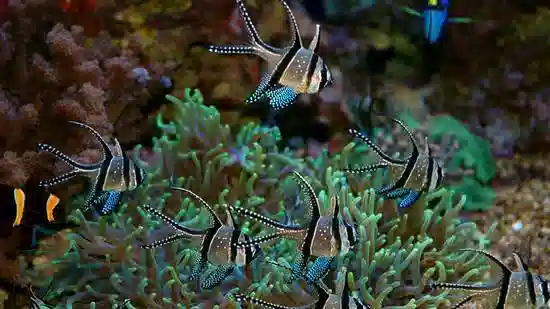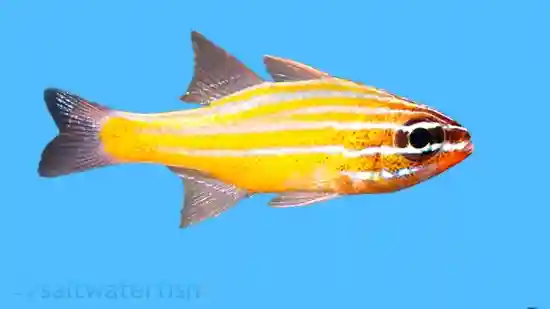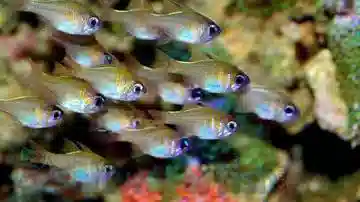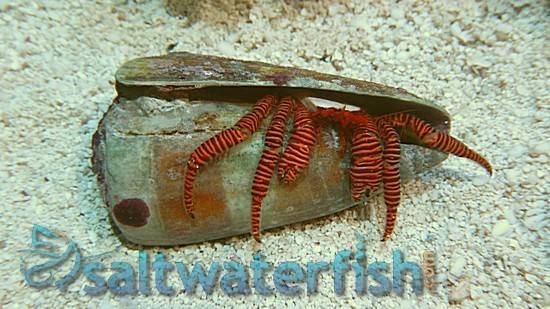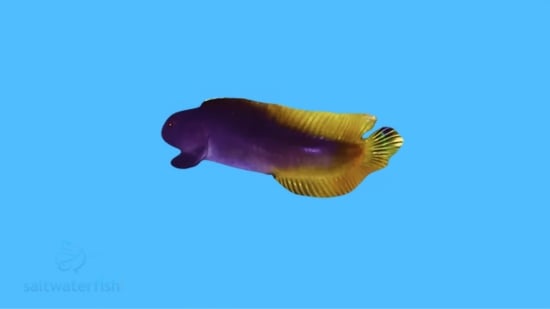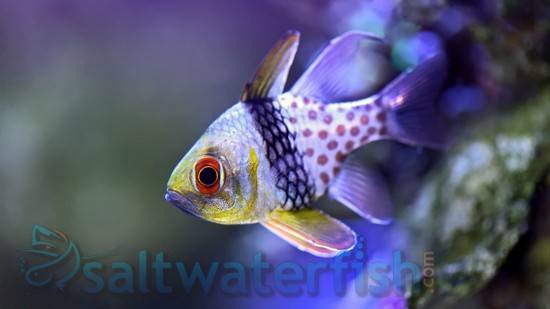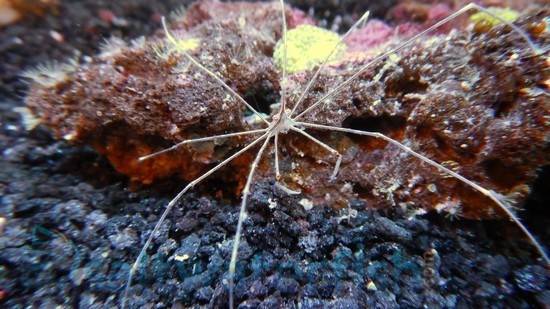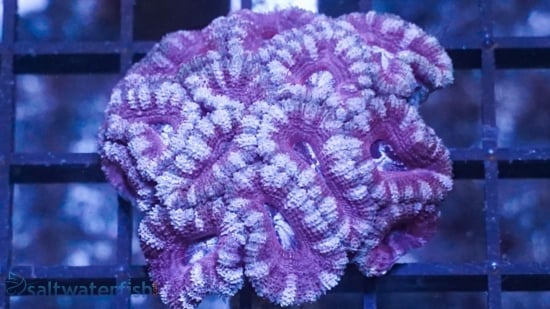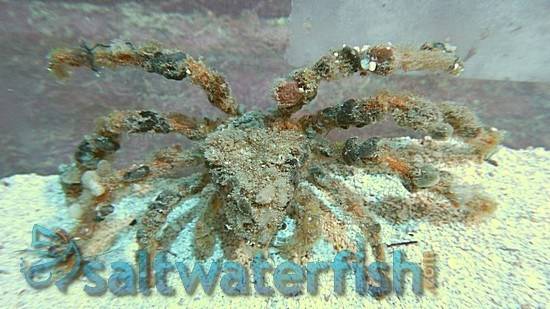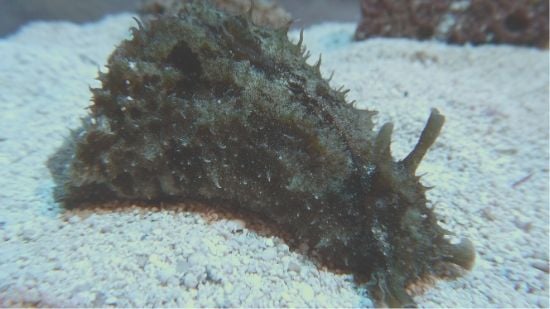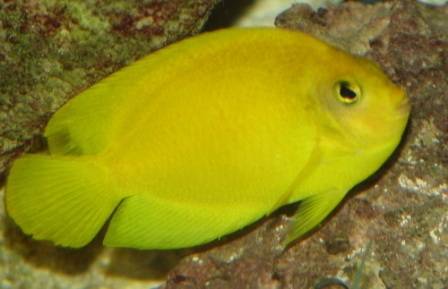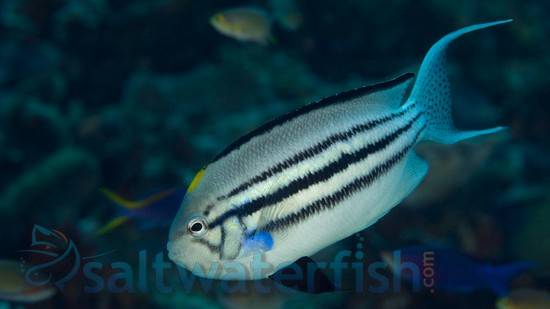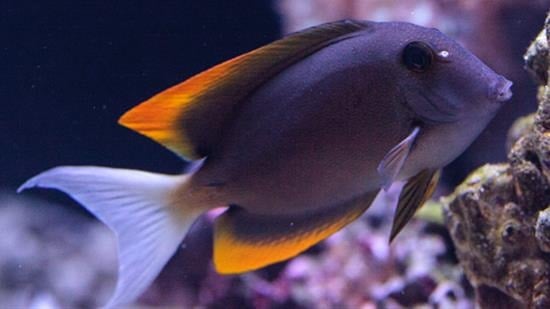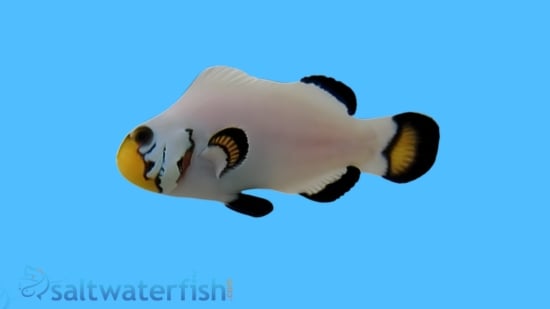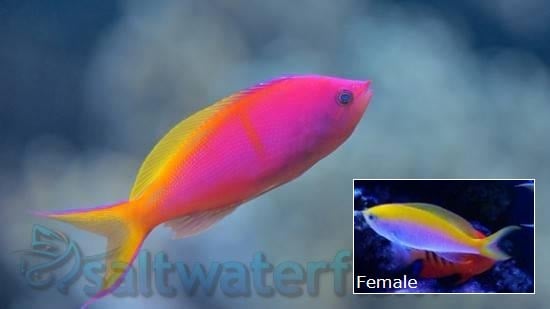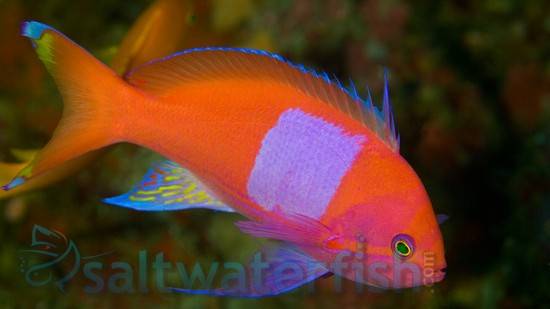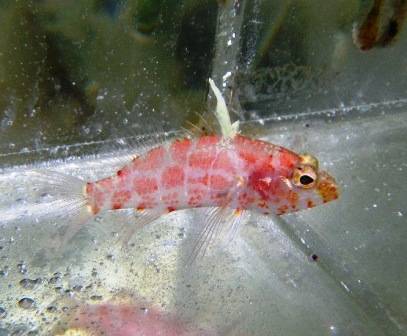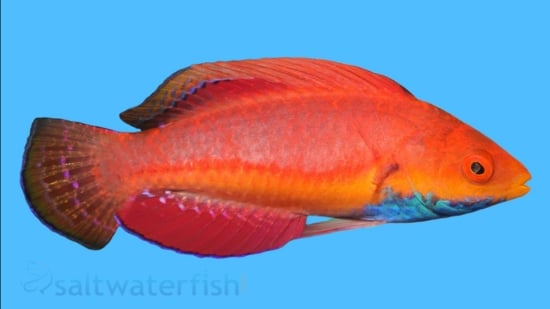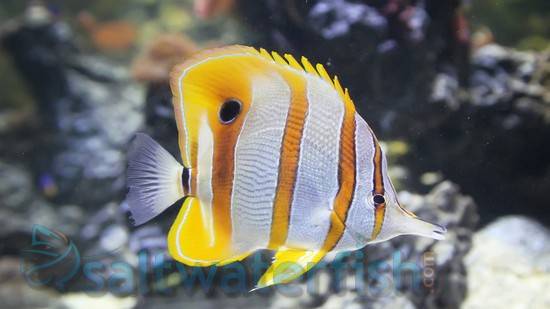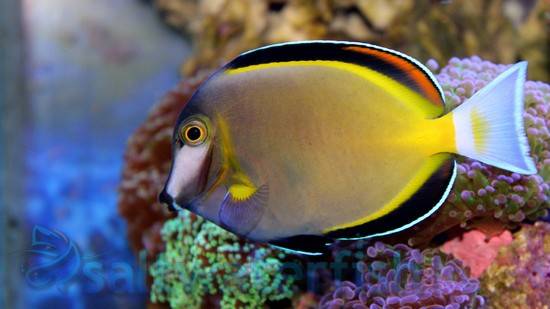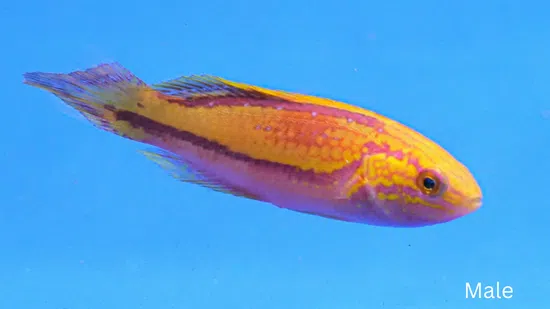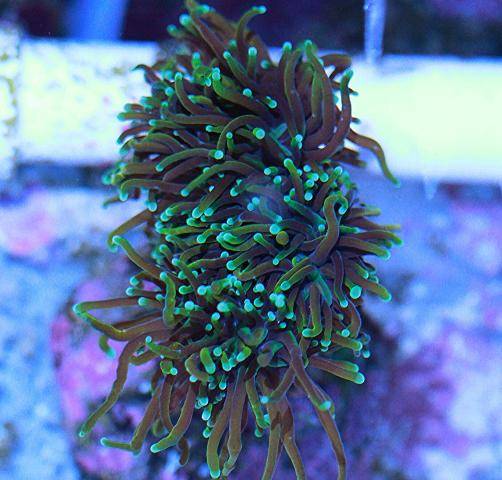Blue Eye Cardinal
Apogon sp. Philippines
(1 Reviews)

Blue Eye Cardinal
Apogon sp. Philippines
(1 Reviews)
{{ item.name }}
Size: {{ item.extra_field_3 }}
${{ getFormattedPrice(item.saleprice) }} ${{ getFormattedPrice(item.price) }}
To join the waiting list, click here
Free Shipping
With
$199.00
or more in Marine Life.
More details...
Blue Eye Cardinal Care Facts
| Care Level: | Easy |
|---|---|
| Temperament: | Peaceful |
| Diet: | Carnivore |
| Reef Safe: | Yes |
| Minimum Tank Size: | 10 gallons |
| Max Size: | 3 inches |
Blue Eye Cardinal ( Apogon sp. Philippines): A Practical Guide to Saltwater Aquarium Care
The Blue Eye Cardinal ( Apogon sp. Philippines) is a captivating marine species, appreciated for its vibrant coloration and ease of care in saltwater aquariums. This comprehensive guide provides practical insights into their habitat, care requirements, compatibility with other marine life, and why enthusiasts should consider acquiring them from Saltwaterfish.com.
Habitat and Natural Environment of the Blue Eye Cardinal:
Originating from the Indo-Pacific region, Blue Eye Cardinals inhabit coral-rich areas and sandy substrates. In captivity, replicating their natural environment involves providing ample hiding spaces amidst live rock formations. This not only mimics their habitat but also offers a secure and stress-free setting.
Reef Compatibility and Behavior of the Blue Eye Cardinal:
Blue Eye Cardinals are deemed reef safe, making them suitable for inclusion in reef aquariums. Their peaceful nature and schooling behavior add a dynamic aspect to the tank, creating an engaging display for aquarium enthusiasts.
Size, Lifespan, and Sexual Dimorphism of the Blue Eye Cardinal:
With a typical size of around 2 inches, Blue Eye Cardinals exhibit minimal sexual dimorphism. Under optimal care conditions, they can enjoy a commendable lifespan, bringing long-lasting vibrancy to your saltwater aquarium.
Diet in Captivity for the Blue Eye Cardinal:
Maintaining a well-balanced diet is essential for the health and coloration of Blue Eye Cardinals. They readily accept high-quality marine pellets or flakes, and their diet can be supplemented with frozen or live brine shrimp and mysis shrimp. A varied diet contributes to their overall well-being and enhances their natural coloring.
Aquaculture and Availability of the Blue Eye Cardinal:
Saltwaterfish.com prioritizes responsible sourcing, and Blue Eye Cardinals available through our platform originate from reputable aquaculture facilities and sustainably collected wild specimens. This ensures the availability of acclimated and robust fish, promoting sustainable practices in the marine aquarium hobby.
Tank Requirements for the Blue Eye Cardinal:
For an optimal environment, a minimum tank size of 10 gallons is recommended for Blue Eye Cardinals. Incorporating hiding spaces, such as live rock formations or artificial caves, is essential. Maintaining stable water parameters, including a pH of 8.1-8.4, salinity between 1.020 and 1.025, and a water temperature of 72°F to 78°F, is crucial for their well-being. Moderate water flow should be maintained for their comfort.
Juvenile to Adult Coloration Changes of the Blue Eye Cardinal:
Juvenile Blue Eye Cardinals may exhibit subdued colors, with the blue eye becoming more prominent as they mature. The transition to adulthood sees the emergence of their striking coloration, making them an aesthetically pleasing addition to any saltwater aquarium.
Compatible Tank Mates for the Blue Eye Cardinal:
Creating a compatible community is essential for the well-being of Blue Eye Cardinals. They coexist well with peaceful tank mates such as clownfish, gobies, and other cardinalfish species. Avoiding aggressive or territorial species ensures a stress-free environment.
Why Choose the Blue Eye Cardinal from Saltwaterfish.com?
Saltwaterfish.com adheres to rigorous standards in sourcing and caring for marine life. Our Blue Eye Cardinals undergo a meticulous quarantine process, ensuring they are disease-free and acclimated to aquarium life. By choosing Saltwaterfish.com, you invest in the health and vibrancy of your aquarium, contributing to responsible practices in the marine aquarium hobby. Purchase your Blue Eye Cardinal with confidence, knowing you are acquiring a healthy and vibrant specimen for your saltwater aquarium.
Very lovely. I thought Blue Eye Cardinal and the damsels were fighting, but it looks like they will seek him out and he will seek them. They seem to play in a way the damsels never did with each other. He stays closer to the bottom and doesn't come up to compete for food. I didn't think he was eating but then I realized my cheto was all but gone. Hungry as a herbivore.
Reviewed by: Tim Sprott on Sept. 11, 2021


